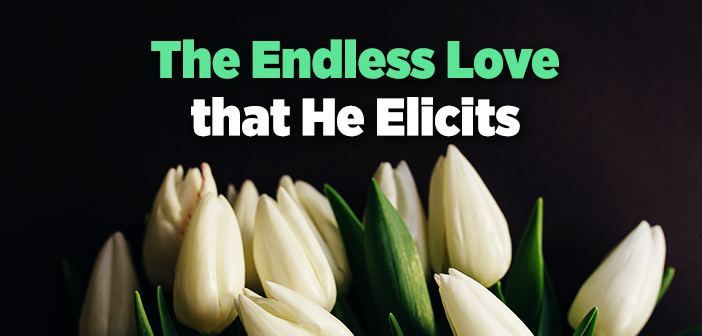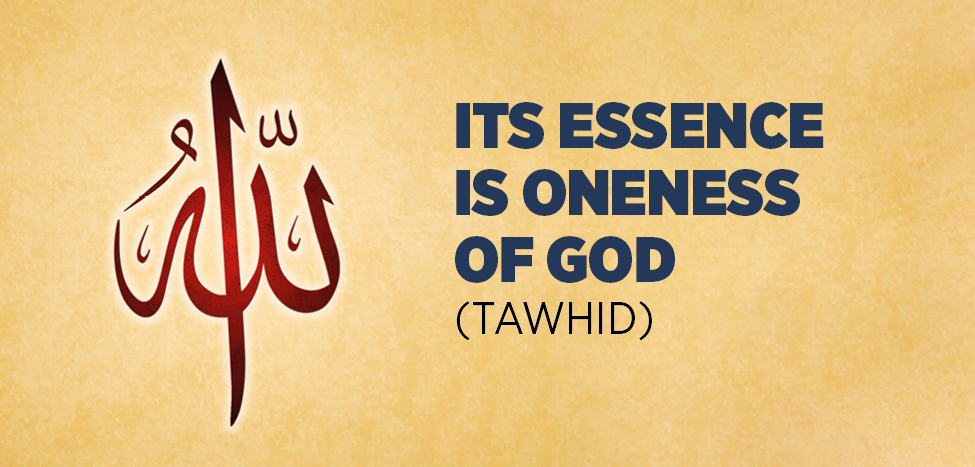What is the endless love?
We Muslims love our master the Prophet more than our very lives. When the honorable Companions addressed our Prophet, they always used to say “May my mother and father be sacrificed for you!”[1] They would sacrifice their lives lest even a thorn hurt him.
As the pagans were torturing to death Zayd bin Dathina and Hubayb (Allah be pleased with them) after capturing them, each of them was asked: “In exchange for your life, would you like your Prophet to be in your place?” But both of them responded:
“Not only would I never wish to be safe with my children and family in exchange for my Prophet being here; but my heart would not rest if even a thorn were to harm him where he is.” With shocked admiration in the face of this unmatched love, Abu Sufian said:
“I have never seen in this world any people that love their friend the way Muhammad’s Companions love him.”[2]
We can also witness this passion and love of the Companions in their respect and attention whenever they recounted the honorable sayings of the Prophet. When the venerable Companions narrated a saying from HE Prophet (blessings and peace be upon him), in fear of unintentionally saying something wrong, their knees would quiver and their faces paled. Amr bin Meymoon related:
“I never used to miss the conversations that Ibn Masud conducted on Thursday nights. In these conversations, I never heard him say on any subject, ‘The Messenger of Allah (blessings and peace be upon him) said’. However, in one of these nights he began to say, ‘Our master the Messenger of Allah said’ then he stopped and lowered his head. After a while I looked at him. He had unbuttoned his shirt, he was weeping and his cheeks had swollen. Then he completed his words as follows:
‘The Messenger of Allah (blessings and peace be upon him) said something like that or similar to that.’”[3]
[1] Translator’s note: An Arabic saying expressing love for someone.
[2] Vâkıdî, I, 360-362; Ibn-i Sa’d, II, 56.
[3] Ibn-i Majah, Muqaddime, 3. For rich examples of the boundless love for our master the Prophet throughout history see Osman Nûri Topbaş, Faziletler Medeniyeti (Civilization of Virtues), I, 223-265; http://www.islamiyayinlar.net/content/view/148/8/
Source: Dr. Murat Kaya,The Final Divine Religion: ISLAM





